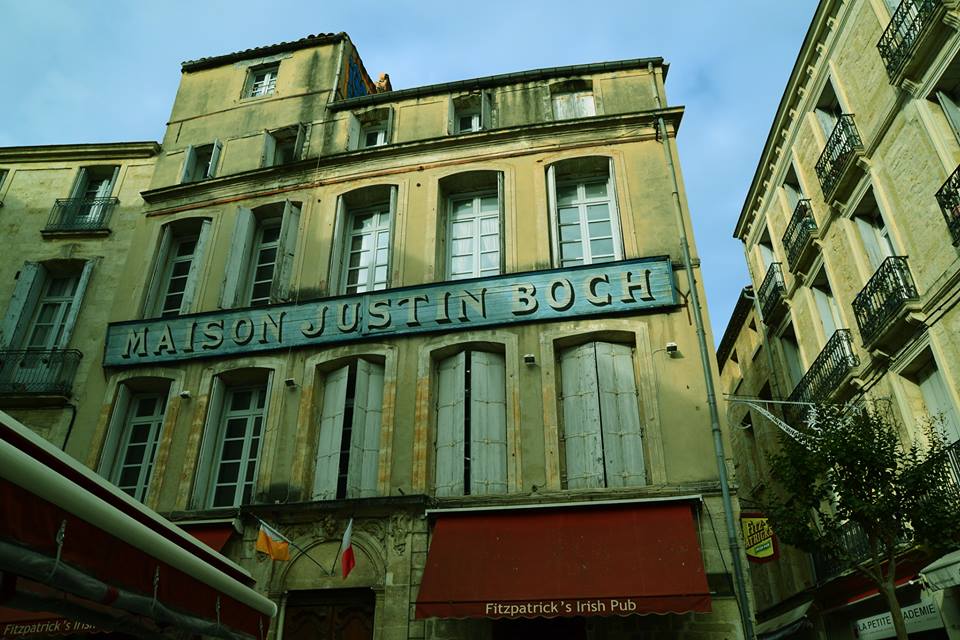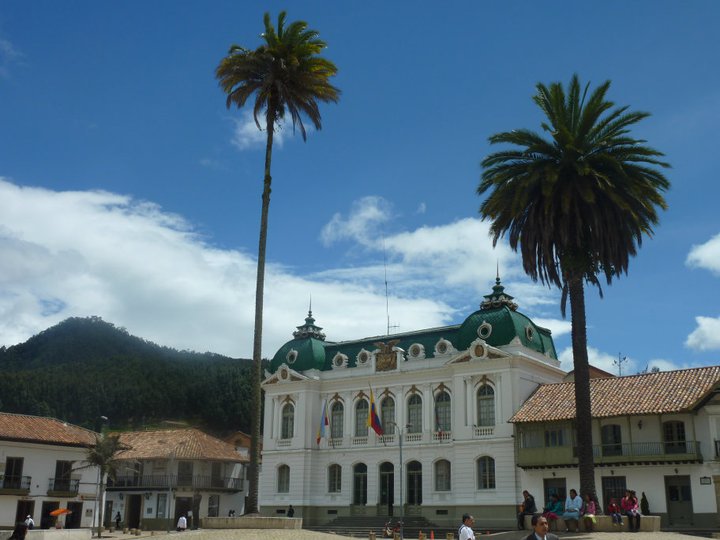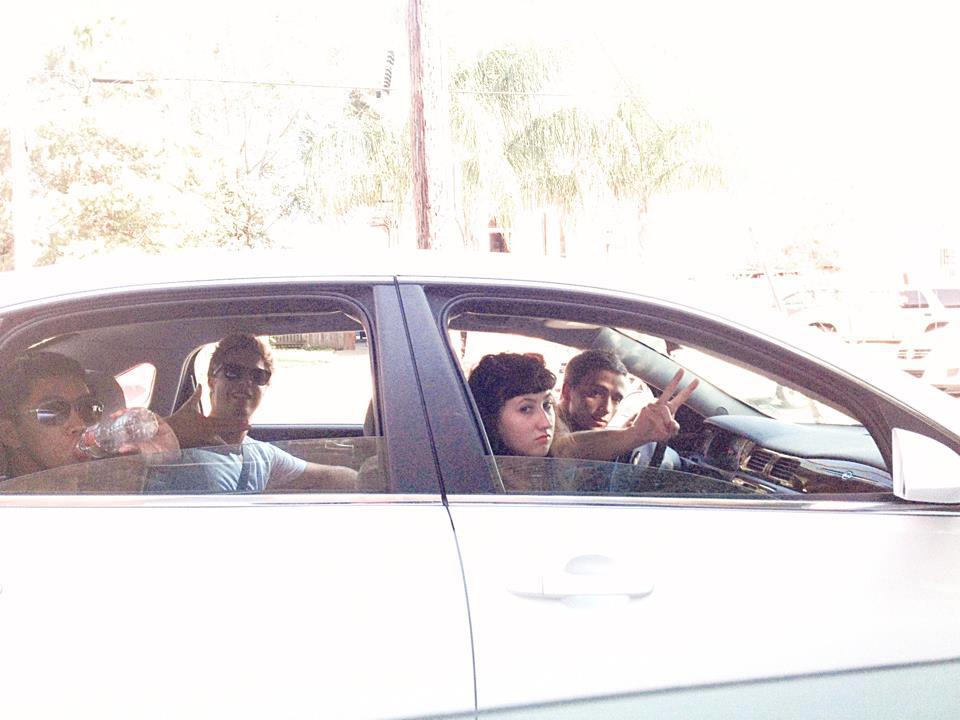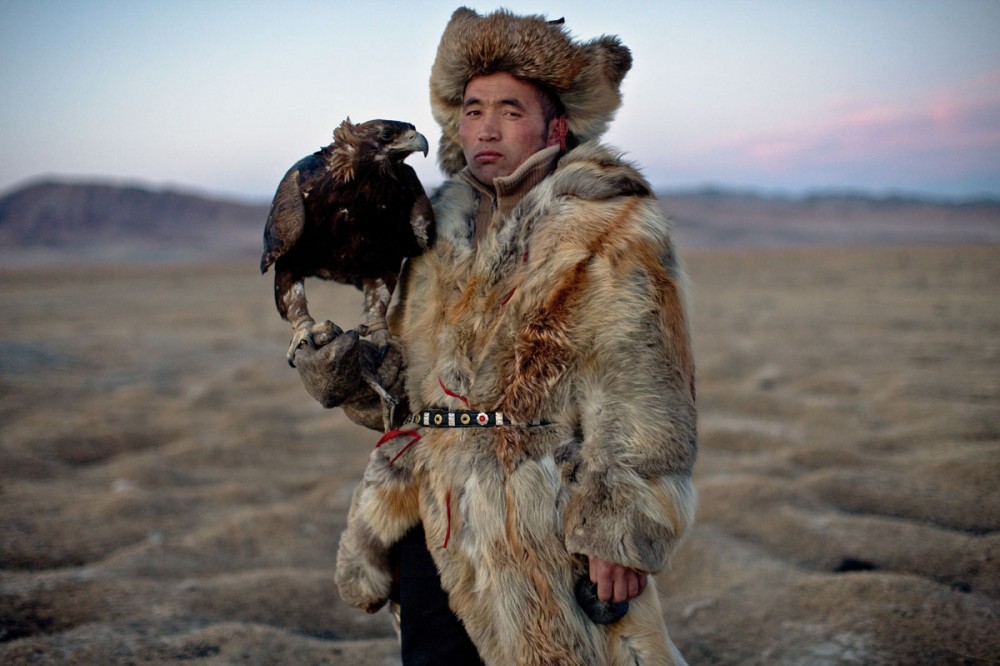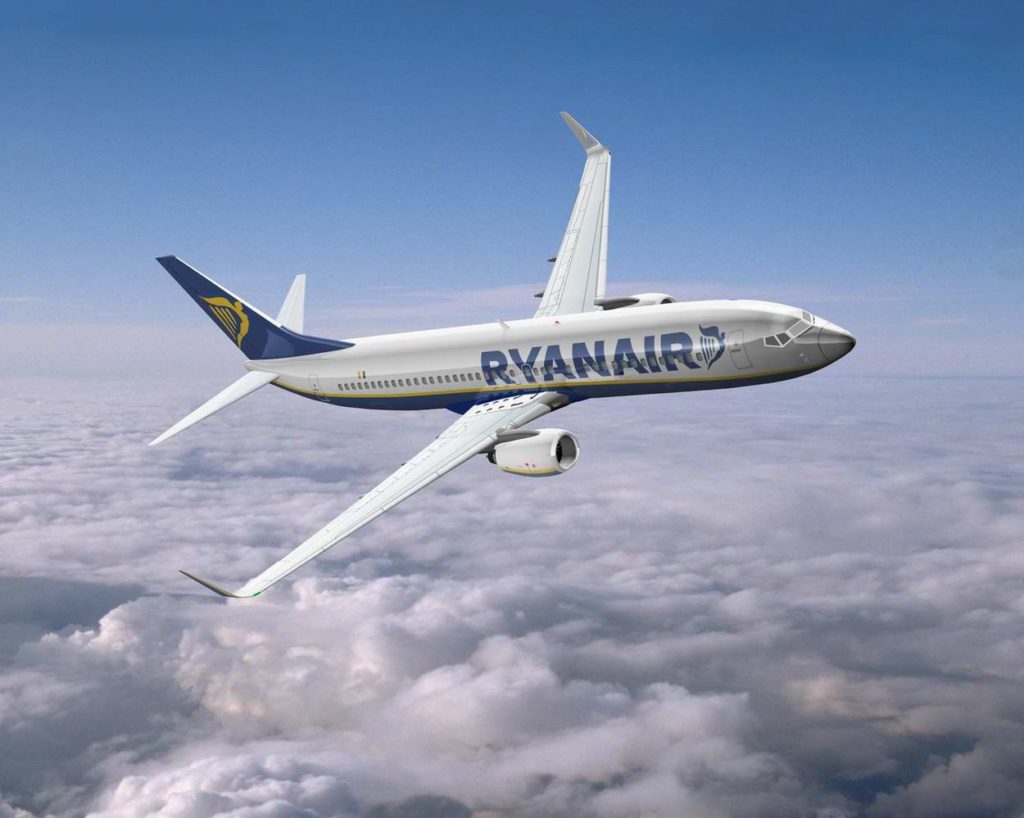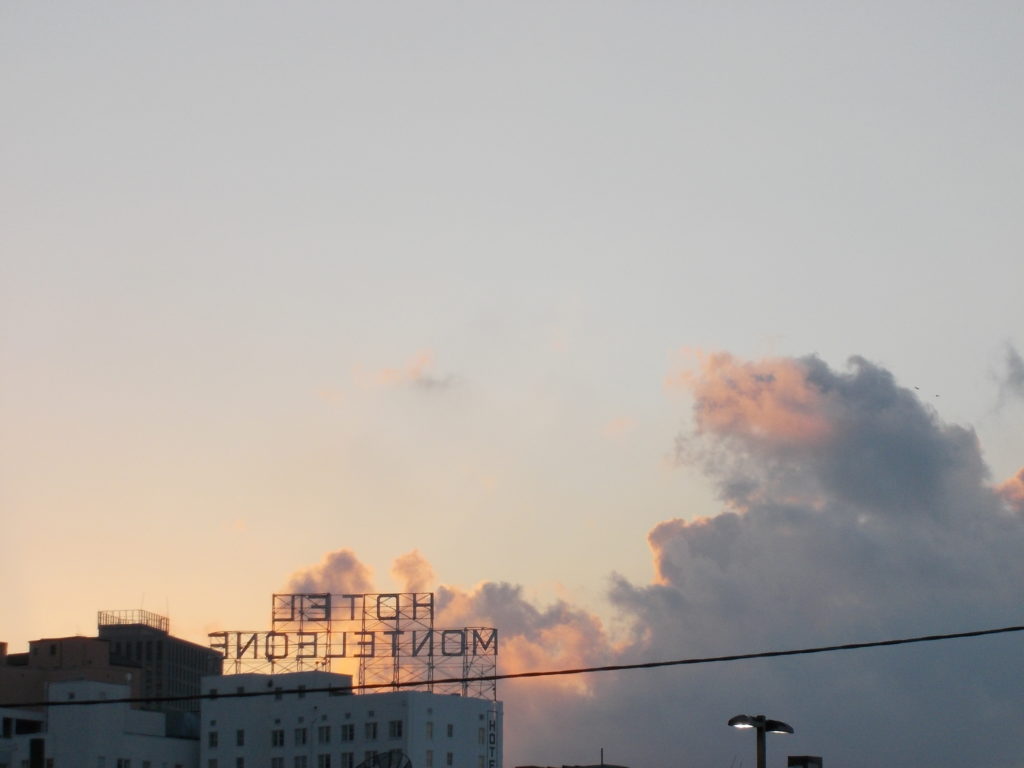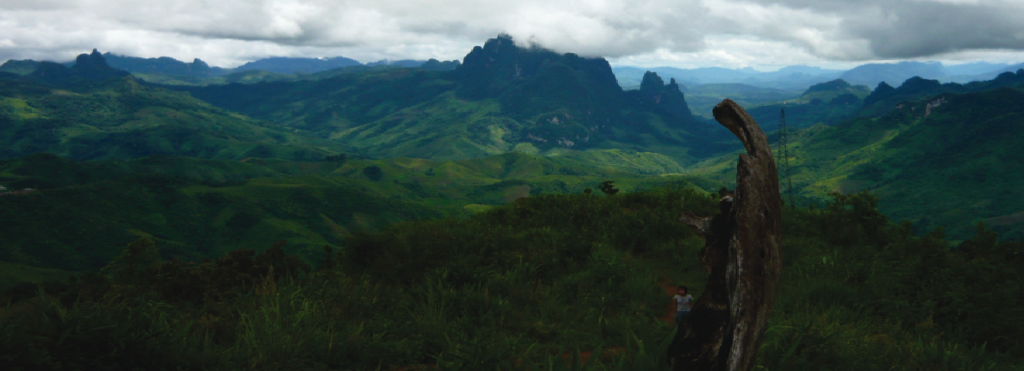Here In my Car
There’s been an unfamiliar new addition to my university life throughout this All-American year; the car. The open road has long characterised the values and soul of the states. The freedom to “take off”, to get in a self contained machine and drive, to roll the windows down, in complete control of the interior, and to reach out into the warm breeze, almost touching the tumble weeds following the hot tires down the desert highway.
The journey is not quite so romantic and picturesque when taken around a Greek style, doll-house like campus, but the car – a machine almost entirely cut out of my student life in Glasgow – has suddenly merged lanes with my life. This was never more evident than last week with the coming of the ultimate road-trip holiday; spring break. Running, open-eyed in my new blue florescent ‘sneakers’ – as I often do to spy on the social wildlife and have a nosy at the tree-lined frat houses – the streets were lined with boys in khaki shorts, holding crates of Bud lights and Daddy’s credit card, girls in short summer dresses around their arms. They were all packing up their oversized pick-up trucks and four wheel drives. Cars so big they towered over my ever slowing pace as I gazed in awe and slight terror at these gas-guzzling machines all heading to the beach.
Gone Wild
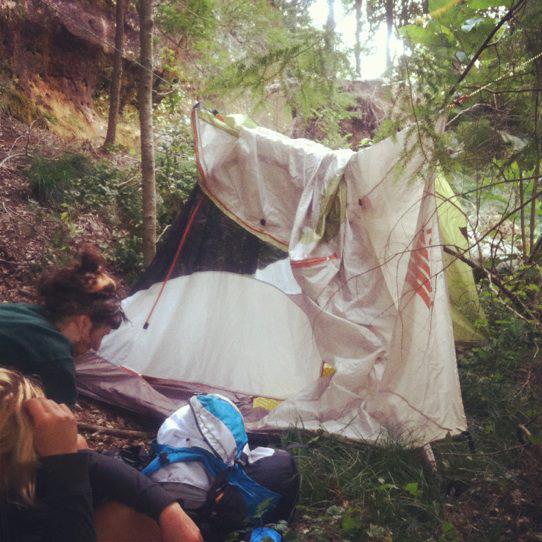 Sitting in a library which is becoming both worryingly and quite pleasantly more and more like a home to me than anywhere else, I am alerted to the terrible irony of what I’m doing. Here I am, all the way across the pond, in a place that only ever brings to mind the words “Republican” and “fried” – both of which I never cease to be brought to both unashamed laughter and tears by – reading Kingsly Amis’ 1954 novel “Lucky Jim”. I have come all this way to take a class in modern English literature. Not just modern English literature, but to read a novel that directly critiques the British academic and intellectual structuring of UK universities. A structure that I have just left in search of bigger fish to fry –no pun intended. Of course, I’m exercising a little sarcasm here. Finding an outlet for it here has proved rather difficult. It usually lands on some pale faced sorority girl with perfectly pruned blonde locks in symmetrical layers, who turns away from me looking unamused and usually slightly offended by the comments I have just made.
Sitting in a library which is becoming both worryingly and quite pleasantly more and more like a home to me than anywhere else, I am alerted to the terrible irony of what I’m doing. Here I am, all the way across the pond, in a place that only ever brings to mind the words “Republican” and “fried” – both of which I never cease to be brought to both unashamed laughter and tears by – reading Kingsly Amis’ 1954 novel “Lucky Jim”. I have come all this way to take a class in modern English literature. Not just modern English literature, but to read a novel that directly critiques the British academic and intellectual structuring of UK universities. A structure that I have just left in search of bigger fish to fry –no pun intended. Of course, I’m exercising a little sarcasm here. Finding an outlet for it here has proved rather difficult. It usually lands on some pale faced sorority girl with perfectly pruned blonde locks in symmetrical layers, who turns away from me looking unamused and usually slightly offended by the comments I have just made.
It’s not all that bad, that I actually have to read books written by English authors, authors who make up the canon of some of our more praise-worthy exports to the rest of the world. And it’s not all that bad, because alongside my disgruntlement of no longer being enclosed by my own case study of Amis’ novel, I have been taking a class entitled simply “Into the Wild”.
Traveling the Trans-Siberian Railway
The Trans Siberian Railway spans the largest land mass on Earth, officially starting in Moscow and finishing in either Vladivostok, Russia’s most eastern city, or in Beijing by passing south through Mongolia via the Trans Mongolian line. Intrigued by the possibility of travelling from central Europe to North-Eastern China solely by land, we chose the latter.
After a few days in Berlin it was time to board our train to St. Petersburg. As we had bought our tickets through DB Bahn we made the mistake of presuming that our train would be German and thus, to some extent, English speaking. However the “Vash Passport!” demand that greeted us as we boarded the train told a different story.We quickly identified the speaker as our provodnitsa, the term for the infamously strict female train attendants, and waited for the journey to start. But the consequences of our linguistic presumptions soon posed a large problem. As it was a 36-hour journey we had naively presumed there would be some way to buy food on board the train. And that may have been the case, but despite our Russian phrase book and best attempts at body language (something not really understood in Russia) the fact that it was an exclusively Russian speaking train meant we never found out. Thankfully we had brought some basic supplies with us but we still arrived in St. Petersburg a day and a half later very tired and somewhat malnourished.
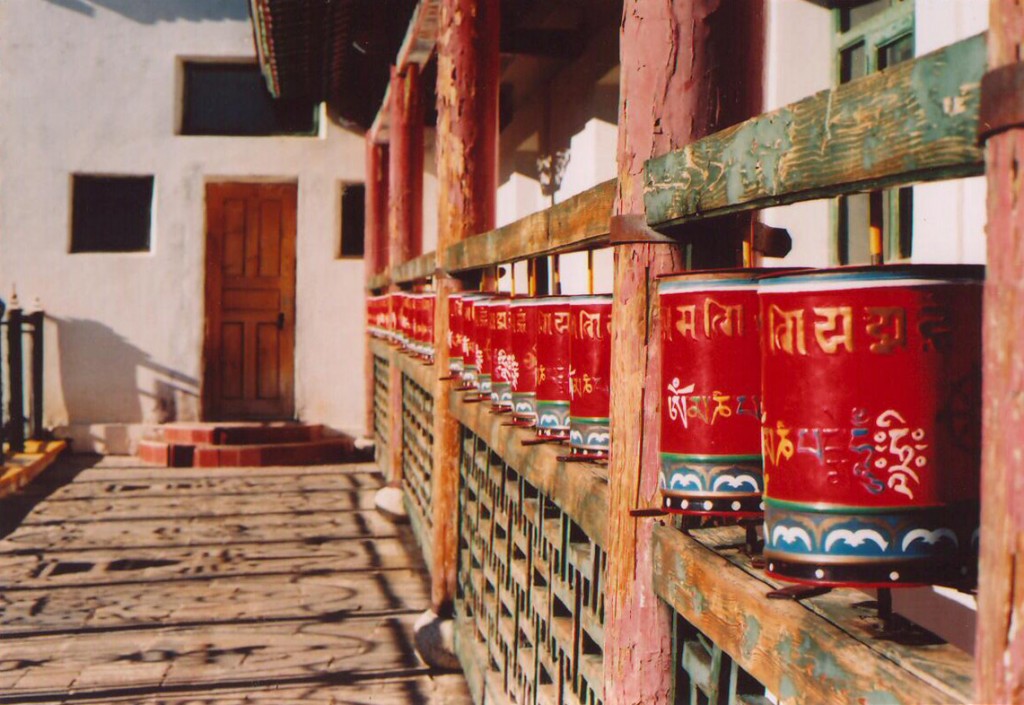
The first time you arrive in Russia it is a strange experience. As a westerner, the familiar faces of the Russian people are juxtaposed with the completely unfamiliar language, alphabet and culture – it is like you have stumbled upon a lost world or a parallel universe. Equally, the first night in Russia is also one to remember. Or not, as the case will most likely be. After getting ushered out of our hostel by an eager and extremely friendly staff member, the power of the Russian shot measurement was unleashed, and once the initial hit of the famous soviet juice was eased by a tactical slice of lemon, one shot soon became somewhere well above ten. Normally spontaneous night outs are relatively harmless, but spending my first night in St. Petersburg blind drunk was not the safest choice and it was only by some form of divine intervention that we woke up safely in our hostel the next morning. As you can imagine the next day’s plans were not quite as punctual as we had hoped but the glory of St. Petersburg, often referred to as the “Venice of the North”, is not one to be missed and we wandered the lengthy Nevsky Prospect and enjoyed the fantastic architecture for the next couple of days.
Christo Geoghegan: Behind the Lens
Why is traveling so alluring? Perhaps it’s the excitement of departing from the routine of our daily lives, or of experiencing things previously unimagined; it’s something we all dream about at one point or another. With globalisation propelled to the extent that a journey to the ends of the Earth is not only affordable, but mostly achievable in under a day by plane, the idea of the truly remote seems to be a myth of the past. London based photographer and filmmaker Christo Geoghegan spoke to GUM about what travel means to him, and how he goes about capturing the lives of those who live in some of the last isolated places on Earth.
- What prompted you to become a travel photographer, any specific instance where you felt you knew this was the thing for you?
I wouldn’t necessarily class myself as a travel photographer. Whilst almost all the work I do is indeed abroad, the basis of the work isn’t about the notion of travel. I’m not trying to capture the essence of a country, but document a particular group of people living within it. I spend around 10 months to a year researching and organising a story I’m working on, so it’s very much less about travelling around and photographing the country as a whole. At the moment, I’m very much dedicating my work on communities that are marginalised in some way, or those whose way of life is under threat.
The reason why I choose to work further away from home is not because I am in search of the exotic other, but because I feel that an outsiders perspective, without internal bias, allows me to document and photograph in a more well rounded manner.
- You’re on your way to Mongolia on Thursday to continue your project on the Kazakh nomads, what made you decide to return?
Last time I went to visit the Kazakhs in Western Mongolia, I was only there for a month. It gave me a decent amount of time to give an outsiders account of their way of life, but still was only enough time to scratch the surface. I’m hoping my second visit will be able to start doing just that. I want to be able to tell more personal stories from the nomadic way of life, rather than the brief overview I managed to photograph last time. I’m also hoping to start work on a short film out there. So this is the second of many visits to come!
- What has been your favourite experience whilst traveling with the nomads, and anything particular that you’ve learnt?
Without a doubt the sheer kindness I’m greeted with every day. I found from travelling a lot and from working all over the world, that those with the least, are willing to share the most. I would travel to the far corners of the Kazakh state of Mongolia and would always be ushered into houses, thrust a large meal in front of my face, and poured an endless flow of tea. That sense of community and willingness to help strangers is just something that’s been lost in the West; everyone is so guarded.
(more…)
Eco-Flying: Is flying worth the cost?
Today, ideas about environmentalism are nothing ground-breaking or unheard of. They’ve been adopted into our mind-set of political and social consciousness to the point that every other advert appeals to our sensibility of ‘green living’. While many of us will prescribe to a vague environmental principle, we still aren’t questioning the most environmentally harmful decision we make: flying.
Aviation is a growing industry and according to governmental advisers, the Committee on Climate Change, the fastest growing source of CO2 emissions in the country. Both current projects and plans for airport expansion across the UK are a very real threat to aims to meet reduced carbon targets by 2050. Pitched as an economic solution, BAA’s recent advertising campaign claimed that ‘The road to economic recovery isn’t a road, it’s a flightpath’. Thus, airport expansion appears to be favoured and financially backed by policy makers: Boris Johnson’s proposal to develop an airport on the Thames Estuary is estimated to cost £50 billion and plans to accommodate 150 million passengers per year. While this may be one of the most far-fetched proposals on the table, the list of UK airports undergoing and potentially embarking on expansion is lengthy.
Short-haul flying (anything under three hours) bears the weight of responsibility for much of the increase in demand. Virgin have announced their new domestic flights from London to Manchester to be the first of many routes, keeping up competition with BA. The majority of fuel is burnt during take-offs and landings, meaning that short haul flights are even more disproportionate in terms of fuel to distance and more ridiculous compared to emission levels of travel alternatives. Domestic flying is ten times as carbon intensive as train use before we even consider the difference in altitude.

